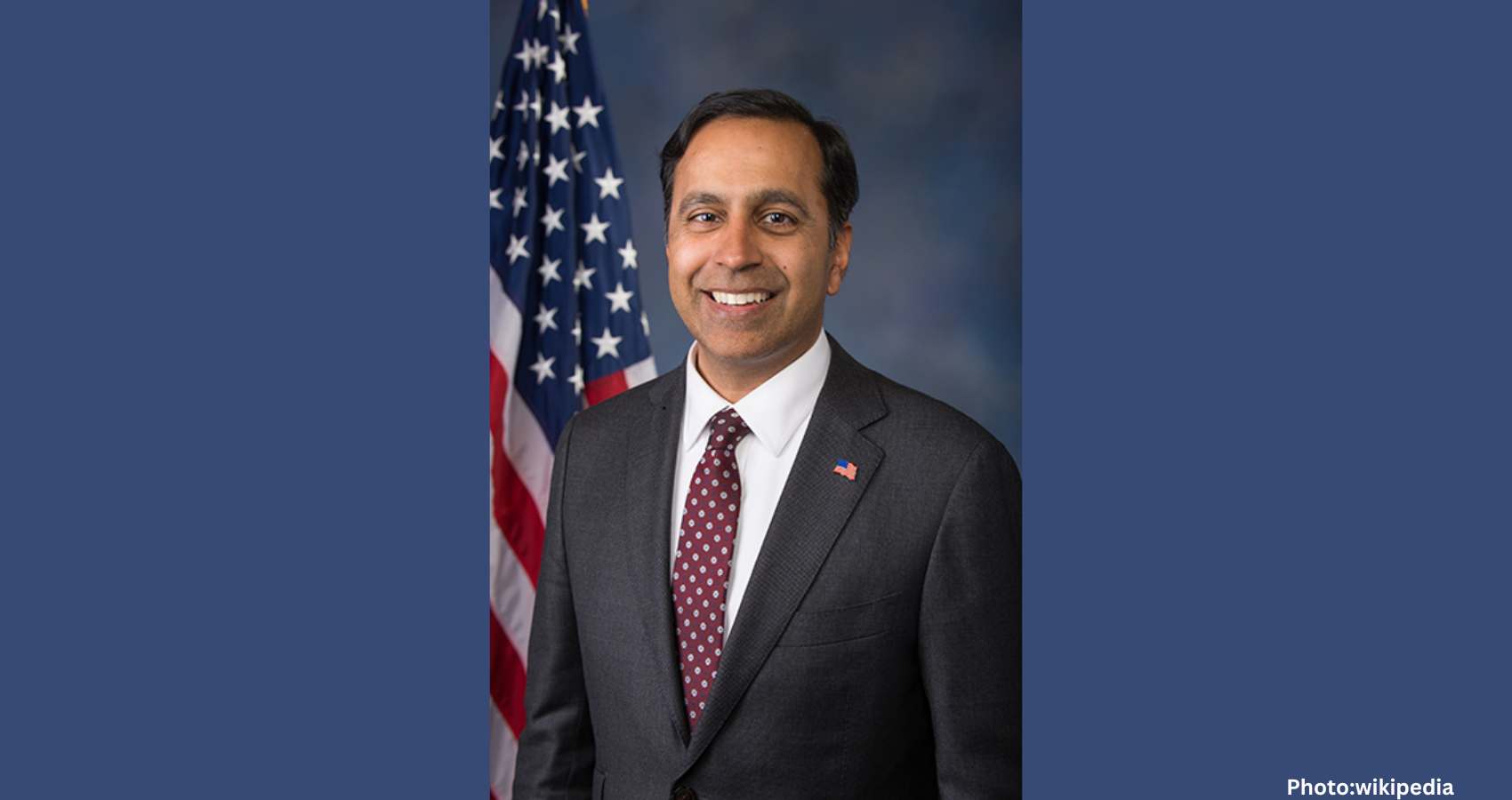Congressman Raja Krishnamoorthi has introduced an amendment to the National Defense Authorization Act to limit presidential authority over military deployments without state approval.
WASHINGTON, DC — Congressman Raja Krishnamoorthi (D-IL) has taken a significant step by introducing an amendment to the National Defense Authorization Act (NDAA) that seeks to restrict the president’s authority to deploy U.S. military forces or federalize the National Guard without obtaining approval from state officials.
This legislative measure, co-sponsored by Congresswoman Haley Stevens (D-MI), is a reintroduction of their previously proposed Stop Trump’s Abuse of Power Act. The amendment arises in response to actions taken by former President Donald Trump, who threatened to deploy the National Guard to Chicago without a request from Illinois officials. Additionally, Trump had previously sent active-duty forces to cities such as Los Angeles and Washington, D.C.
Krishnamoorthi expressed concerns regarding the implications of such unilateral military actions, describing them as an overreach of executive power that could undermine constitutional protections. “No president should be able to turn the U.S. military into their personal police force,” he stated. He further criticized Trump’s threats to militarize Chicago, suggesting that such moves would lead to “chaos and spectacle” rather than effectively addressing public safety issues.
The proposed amendment would mandate that a governor or state executive must formally request federal military support prior to any deployment of active-duty personnel or the federalization of the National Guard. Furthermore, it would prohibit the use of military troops in response to peaceful protests or demonstrations without the necessary state approval.
Currently, the amendment is under review by the House Rules Committee, which will determine whether it can advance to a floor vote as part of the NDAA.
As discussions around military authority and state rights continue, Krishnamoorthi’s initiative reflects a growing concern among lawmakers regarding the balance of power between federal and state governments, particularly in the context of public safety and civil liberties.
Source: Original article

